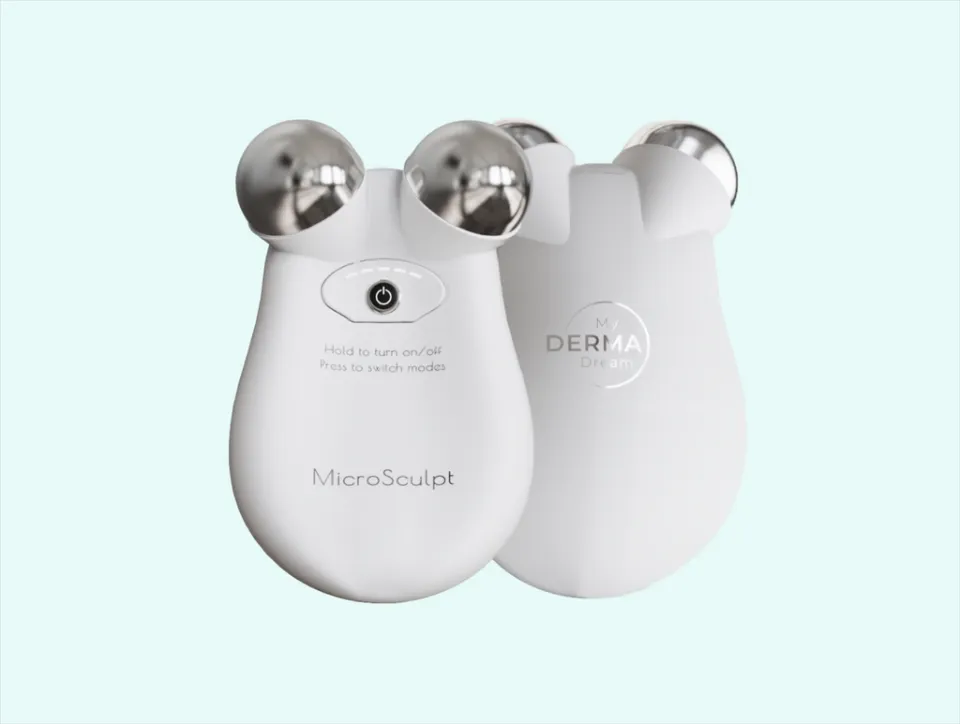Due to its nutritional advantages, the market for almond oil is experiencing exponential growth. But, there are some disadvantages of almond oil on face that everyone should know about, which will be discussed in this post.
Almond oil use on the face has a few potential drawbacks, especially for those with nut allergies.
If this is what you are looking for, we’ll start by listing the drawbacks of using almond oil on your face.
What is Almond Oil?
Almond oil is extracted from the seeds of a native plum tree from the Middle East. Referred to as Prunus dulcis by scientists, the almond is an edible fruit.
The almond is a powerhouse of minerals and vitamins and has a ton of nutritionally active ingredients. In its nut form, it is also abundant in fiber, phytochemicals, and good fat. Oil is released when dried almonds are gently pressed without using any heat.

There are two types of almond oil made from different varieties of almond:
- Bitter almond oil: This kind of oil is used in aromatherapy and contains amygdalin glycoside. Additionally, it has toxic ingredients like hydrocyanic acid and benzaldehyde that should not be consumed internally. Due to its bactericidal and anesthetic qualities, doctors use it in medications.
- Sweet almond oil: This edible oil is loaded with vitamin E and omega 6 and has many health advantages.
Chemicals may be present in refined almond oil. Its nutritional value is diminished when artificial ingredients are used. The nutrients and nutty flavor of unrefined almond oil are still present.
6 Disadvantages of Almond Oil on Face

Despite its health benefits, you need to remain cautious while using almond oil due to its risks. Here are the disadvantages of applying almond oil to your face:
- Almond oil is irritating to people with sensitive skin
- Almond oil may cause an allergic reaction for people with nut allergies
- Almond oil blocks pores in acne prone face
- People with eczema can experience allergies when using almond oil
- Almond oil may induce preterm delivery in pregnant women
- Almond oil may cause increased cholesterol
Almond Oil is Irritating to People With Sensitive Skin
The characteristics of this oil may irritate the sensitive skin on your face. Even adverse reactions like breakouts could result from it.
When you use this oil on your face, you might experience signs of swelling or burning. So if you have sensitive skin, it would be wise to conduct a patch test on your wrist.
Apply a small amount of oil to your wrist for the test, then wait a few minutes to look for symptoms of skin sensitivity. Almond oil is not suitable for your skin if itches or is red.
Almond Oil May Cause AN Allergic Reaction for People With Nut Allergies
Almond is a nut, which means that people with nut allergies may find it dangerous.
Any almond oil’s main components are nut extracts, alcohol, and water. Thus, using this oil puts you at risk for suffering a severe allergic reaction.
People with tree nut allergies should avoid using almond oil. But bitter almond oil may work instead for some people. Due to the artificial manufacturing process used to create this oil, allergic individuals can use it without risk.
Before using any almond oil, though, make sure to speak with your doctor.
Almond Oil Blocks Pores in Acne Prone Face

The thick consistency of almond oil can cause breakouts by penetrating the skin. Therefore, applying almond oil directly won’t help if you have severe acne.
The raw extract will seep into your pores, block them, and exacerbate acne if you apply it to your skin. A small amount applied along with your acne cream, though, may have advantages.
People With Eczema Can Experience Allergies When Using Almond Oil
Almond oil may cause skin irritability in people with eczema. Using it on your skin might cause allergies. So, if you have this dermal condition, administer it carefully and with a doctor’s supervision.
Almond Oil May Induce Preterm Delivery in Pregnant Women
According to research, almond oilinduced preterm labor in some women. Women who regularly used almond oil during pregnancy delivered their babies earlier.
However, there is still little-known evidence about this study, making it inconclusive.
Almond Oil May Cause Increased Cholesterol
It is well known that excessive consumption of any type of oil can raise blood cholesterol levels.
Although it is a well-known fact that almond oil consumption is associated with a reduction in bad cholesterol levels, excessive consumption can have an entirely different impact on your health. In order to avoid consuming too much almond oil, be careful.
Advantages of Almond Oil on Face

Those wishing to improve the beauty of their skin may find almond oil helpful.
For skin issues, most dermatologists will advise using almond oil. Let us understand the benefits of using almond oil on the face:
- Reduction of skin inflammation
- Soothing and hydrating effect on dry skin
- Acts as a makeup remover
- Calms skin irritation
- Induces skin rejuvenation
- Provides antioxidants
- Protects from UV rays
- Reduces stretch marks
- May improve skin tone and complexion
Tips for Using Almond Oil on the Face
Before using a new product all over your face, it’s crucial to patch-test it on a small area of skin and use it sparingly.
Stop using immediately and see a dermatologist if you have any negative reactions.
Also Read:
Is Almond Oil Recommended for People With Sensitive Skin?

A great option for those with sensitive skin is almond oil. It won’t clog pores and is non-comedogenic, making it lightweight. As a result of its high fatty acid and vitamin E content, it can help shield your skin from oxidative damage.
Because it helps to keep bacteria at bay, its antibacterial qualities make it a particularly advantageous option for people with acne-prone skin.
Antioxidants in the oil may help to soothe irritated or inflamed skin and lessen swelling, redness, and bruising.
Additionally, almond oil may aid in repairing the skin’s barrier function, allowing moisture to stay in the skin longer and encouraging the production of healthy collagen.
Conclusion on Disadvantages of Almond Oil on Face
Scientifically, almond oil has been proven to be of great benefit to human skin as it contains the essential ingredients needed to develop and sustain healthy and glowing skin.
Almond oil does have some drawbacks, despite having the necessary components for maintaining healthy, radiant skin.
Consequently, incorporating almond oil into your daily routine can be risky. It would be best to consult a dermatologist. They can analyze your underlying skin condition and help you make a safe decision!
Read More:
FAQs About Disadvantages of Almond Oil on Face
Does Almond Oil Make Skin Darker?
Almond oil helps restore your natural complexion and makes your skin tone a few shades lighter. It contains Vitamin E that helps remove the dullness from your skin while making it lighter.
How to Use Almond Oil for Face?
To do this, simply wash and dry your skin as usual. Then, using your fingertips, apply a tiny amount of almond oil to your face, about the size of a dime, and allow it to absorb.
What Happens If We Apply Almond Oil on Face?
Almond oil is a thin oil that easily absorbs into your skin. As a result, it can hydrate, soothe, and enhance the texture and appearance of the skin. The antioxidants and anti-inflammatory properties make sure that the skin is properly nourished.
Can We Apply Almond Oil on Face Daily?
Almond oil can be used on a daily basis if you do not develop any adverse effects such as allergies. You must use this natural oil consistently for at least a few weeks before you start to notice the visible effects of its many beneficial properties.
What Are Disadvantages of Almond Oil on Hair?
Using almond oil on your hair typically doesn’t come with any side effects; however, if you plan on heat styling your hair, avoid using almond oil beforehand. Almond oil can become hotter and cause burns if heat is directly applied to it.



